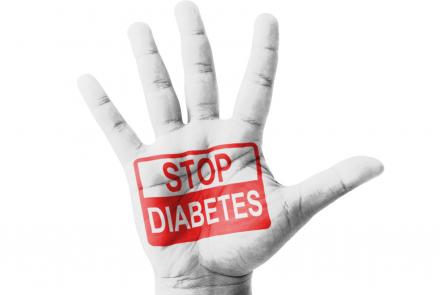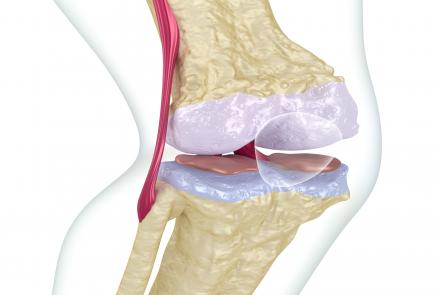Harvard stem cell researchers today announced that they have made a giant leap forward in the quest to find a truly effective treatment for type 1 diabetes, a condition that affects an estimated 3 million Americans at a cost of about $15 billion annually.
With human embryonic stem cells as a starting point, the scientists are for the first time able to produce, in the kind of massive quantities needed for cell transplantation and pharmaceutical purposes, human insulin-producing…
- Pictures taken by a little-known photographer between the 1930s and 1960s have found a new use helping to trigger memories and reminiscences among people with dementia. "In the dementia care world reminiscence is up there as one of the leading groups of therapeutic approaches," explains Prof Bob Woods, an expert in the clinical psychology of older people at Bangor University. "Essentially it's a good way of facilitating communication, and so it helps people to feel more socially integrated and…
- Cancer Institute chairperson Dr V Shanta expressed concern over underreporting of cancer among children, especially in rural areas. Advances in oncology over the past six decades have ensured that up to 75 % of all paediatric cancers can be cured. While it is possible to treat all pediatric cases in the country, there is a need to increase affordability and accessibility for the same," she said. http://timesofindia.indiatimes.com/City/Chennai/Parents-deny-girls-cancer-treatment-say-doctors…
- In a study that followed more than 2,200 obese women during pregnancy, scientists found that some simple interventions can help prevent high birth weights in newborns. This is important because previous studies have shown that infants with a high birth weight have a greater risk of becoming obese as children or adults. Professor Jodie Dodd summarizes the results: "Infants born to women who received lifestyle advice were 18% less likely to have a high birth weight compared to infants born to…
- Women with breast cancer tumors that overexpress human epidermal growth factor receptor 2 (HER2) may benefit from a novel vaccine to prevent recurrence A new breast cancer vaccine candidate, (GP2), provides further evidence of the potential of immunotherapy in preventing disease recurrence. One of only a few vaccines of its kind in development, GP2 has been shown to be safe and effective for breast cancer patients, reducing recurrence rates by 57%. Further, women with the highest overexpression…
- The U.S. FDA today approved Trulicity (dulaglutide), a once-weekly subcutaneous injection to improve glycemic control (blood sugar levels), along with diet and exercise, in adults with type 2 diabetes. "Type 2 diabetes is a serious chronic condition that causes blood glucose levels to rise higher than normal,” said Mary Parks, M.D., deputy director of the Office of Drug Evaluation II in the FDA’s Center for Drug Evaluation and Research. “Trulicity is a new treatment option, which can be used…
- Exercise has been shown to transiently suppress inflammation in an animal model of rheumatic disease, bolstering evidence to support the theory that regular physical activity is beneficial for patients with the disease. “Exercise can be a very potent therapeutic intervention to control inflammatory diseases, but unfortunately today it is underutilized in clinical practice,” said study author Dr. Nicholas Young from The Ohio State University Wexner Medical Center, Columbus, Ohio, US. “[In our…
- A new University of Iowa study further supports an inescapable message: caregivers have a profound influence -- good or bad -- on the emotional state of individuals with Alzheimer's disease. Patients may not remember a recent visit by a loved one or having been neglected by staff at a nursing home, but those actions can have a lasting impact on how they feel. The findings of this study are published in the September 2014 issue of the journal Cognitive and Behavioral Neurology. "Our findings…
- What kind of end-of-life care do you want? Don’t leave the burden of such decisions on your loved ones. Make a living will, which will speak for you when you are unable to, says lawyer Lyn Boxall. About two years ago, I answered a phone call from my sister. She lives in my home town, Adelaide in South Australia, and I’ve lived in Singapore for many years. “Mum was found unconscious on the floor of her bathroom this morning and now nothing she’s saying is making any…















